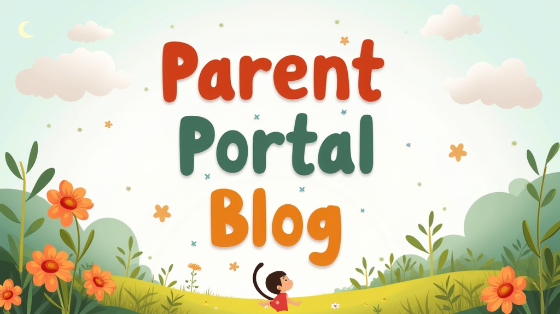
Apostrophes for Contraction
These spelling questions focus on contractions – shortened forms of words where an apostrophe replaces missing letters. Pupils learn how contractions are formed and when to use them correctly. • 12 questions


Challenging Year 5 Spelling Words
These spelling questions focus on more advanced vocabulary suitable for Year 5 pupils, including words with silent letters, prefixes, and suffixes. • 10 questions


Homophones
These spelling questions focus on homophones – words that sound the same but have different meanings and spellings. Pupils learn to choose the correct spelling based on context. • 12 questions


Homophones (Part 2)
These spelling questions focus on homophones – words that sound the same but have different spellings and meanings. Pupils learn to understand the differences and use them correctly in context. • 12 questions


Hyphenated Words
These spelling questions focus on hyphenated words – words joined with a hyphen to avoid confusion or to make meaning clearer, especially when using prefixes like co- and re-. • 12 questions


Rare GPCs (Grapheme-Phoneme Correspondences)
These spelling questions focus on words with rare grapheme-phoneme correspondences – words where the letters and sounds do not always match expected spelling patterns. • 12 questions


Silent letters
These spelling questions focus on words that include silent letters. Pupils learn that some letters in English are not pronounced but still appear in spelling to show the word’s history or origin. • 12 questions


Silent letters (Part 2)
These spelling questions focus on more words that include silent letters. Pupils learn how silent letters appear in different positions and affect pronunciation but not spelling. • 12 questions


Word Roots ‘fin’ and ‘tach’
These spelling questions explore words derived from the Latin roots ‘fin’ (meaning end or limit) and ‘tach’ (meaning to fasten or fix). Pupils learn how prefixes and suffixes modify these root meanings. • 12 questions


Word Roots, Derivations and Spelling Patterns
These spelling questions focus on words formed from Greek and Latin roots. Pupils learn how root words and prefixes like 'micro-', 'auto-', and '-graph' form new meanings in scientific and technical vocabulary. • 12 questions


Word Roots, Derivations and Spelling Patterns (Part 2)
These spelling questions explore words formed from Latin and Greek roots such as 'tele-', 'phon-', and 'fin-'. Pupils learn how prefixes and suffixes change meaning and spelling patterns in related words. • 12 questions


Words containing ‘ough’
These spelling questions focus on words containing the letter string ‘ough’. Pupils learn that this group of letters can make several different sounds in English, depending on the word. • 12 questions


Words ending in -able and -ible
These spelling questions focus on words ending in -able and -ible. Pupils learn that these endings often describe whether something can be done or has a particular quality. • 12 questions





 Subjects
Subjects


